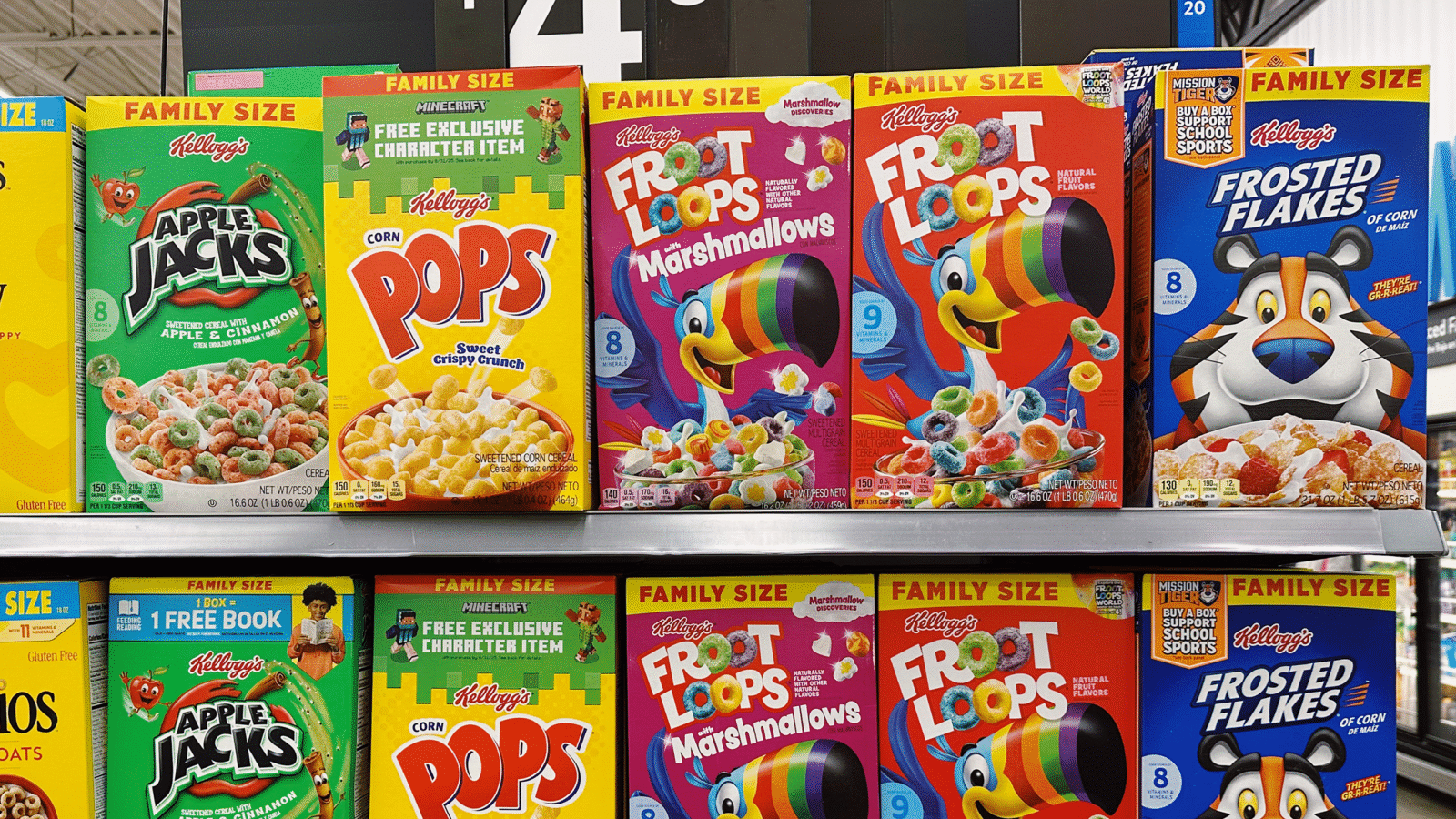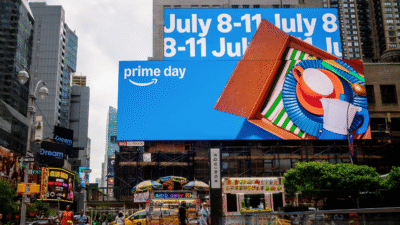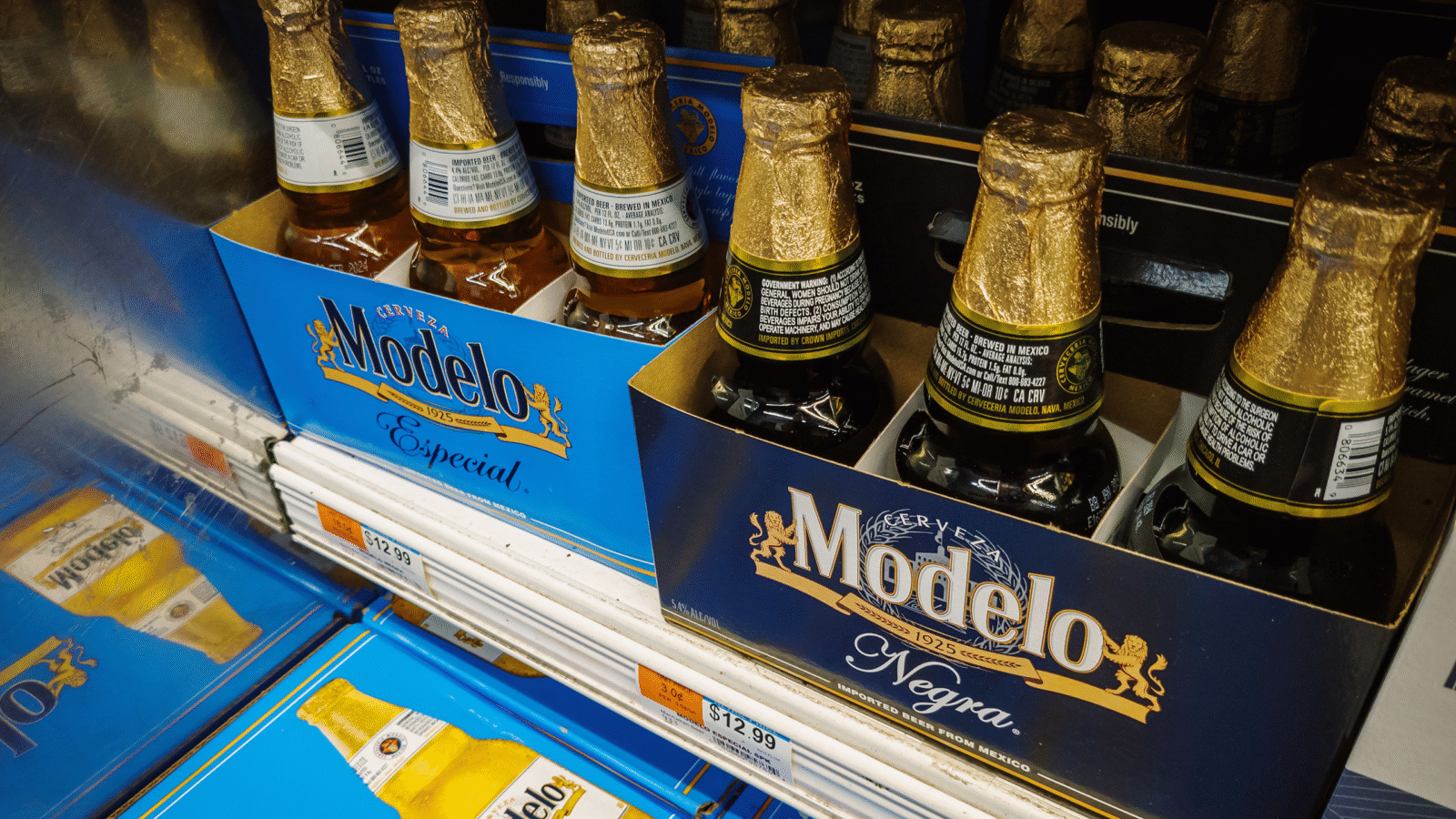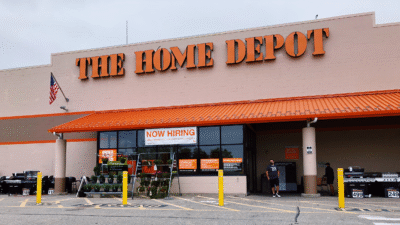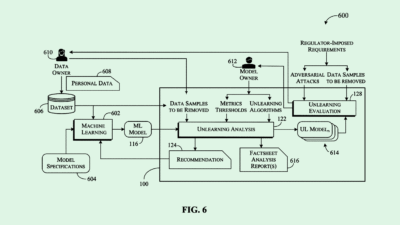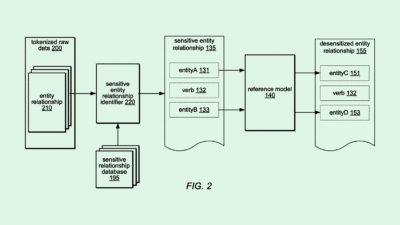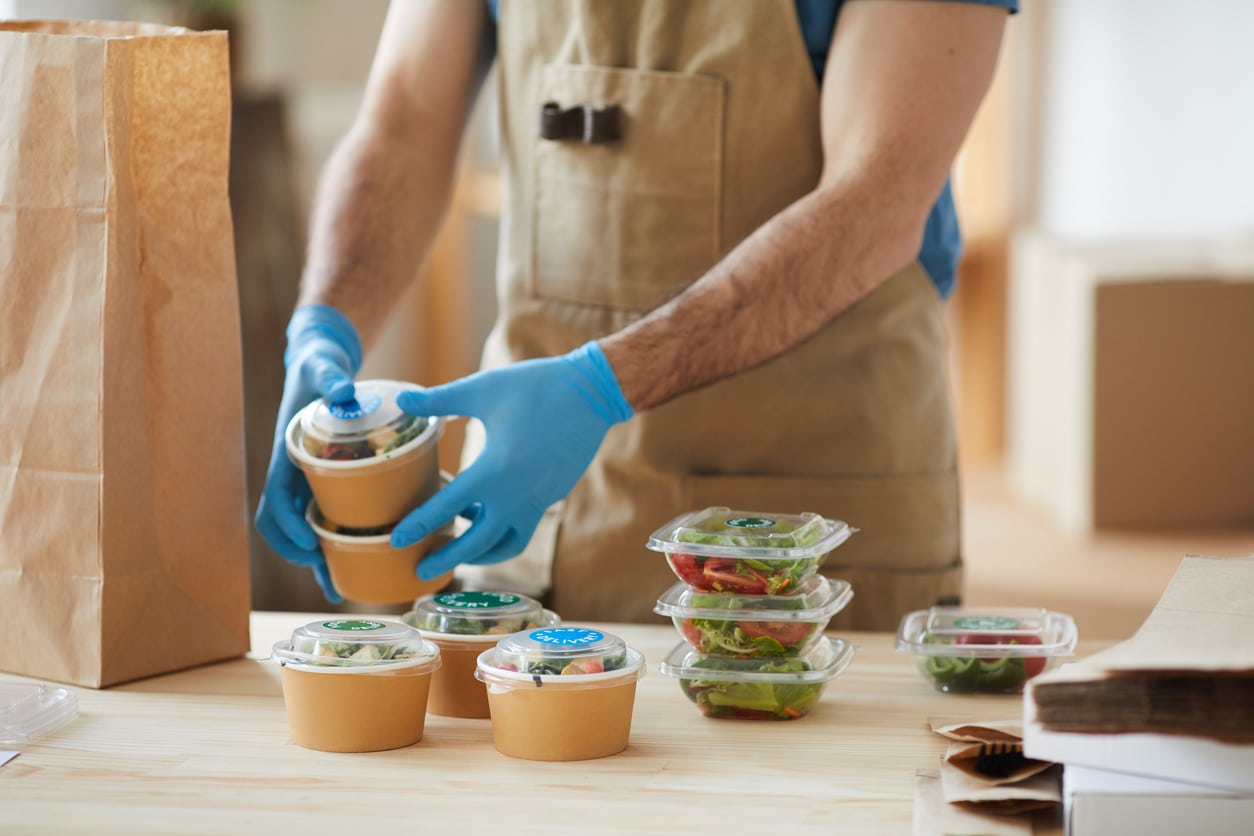
Sign up for smart news, insights, and analysis on the biggest financial stories of the day.
Do you order Chinese three nights a week, get your egg and cheese on a blueberry bagel, or add mayo to everything?
DoorDash is trying to protect this highly sensitive personal information. The company has sued to overturn a New York City law enacted this summer that requires food delivery apps to share customer data including names, phone numbers, addresses, and purchase histories with restaurants.
Stingy With Spreadsheets
Every major food delivery app saw record revenues during the pandemic, while one in ten restaurants has closed their doors permanently since March 2020. As such, the goal of the law, poised to go into effect in December, is to give restaurants direct access to the customers ordering their food, reducing their reliance on third-party apps.
DoorDash is arguing that the law threatens customers’ privacy. But they’ve also admitted that it could undercut their bottom line:
- DoorDash says the law fails to mandate data security protocols once the data is passed over to restaurants, making customers vulnerable to hacks and leaks. (The law allows customers to opt-out of data-sharing when they order).
- Naturally, DoorDash also wants to avoid restaurants using their new information to invite customers to order directly through them. “Restaurants will use DoorDash’s trade secret data to compete directly with DoorDash,” complains the suit.
Restaurant and hospitality groups say the privacy argument is a cover. “DoorDash spends millions of dollars to take restaurants’ customers and withhold their information so they can control the market and extract more fees from small businesses,” said Andrew Rigie, executive director at The NYC Hospitality Alliance. “The Court should reject these claims as sour grapes and uphold the critical information sharing law.”
Battle for Stomachs and Wallets: The information-sharing law is only the latest attempt by city governments to bring delivery apps to heel. Earlier this month, NYC made the fee caps passed during the pandemic permanent, prompting a three-way lawsuit from DoorDash, UberEats and GrubHub. Chicago recently sued Grubhub and DoorDash for obscuring fees and listing restaurants without their permission, and California passed a bill requiring apps to display how much restaurants earn from their orders.
